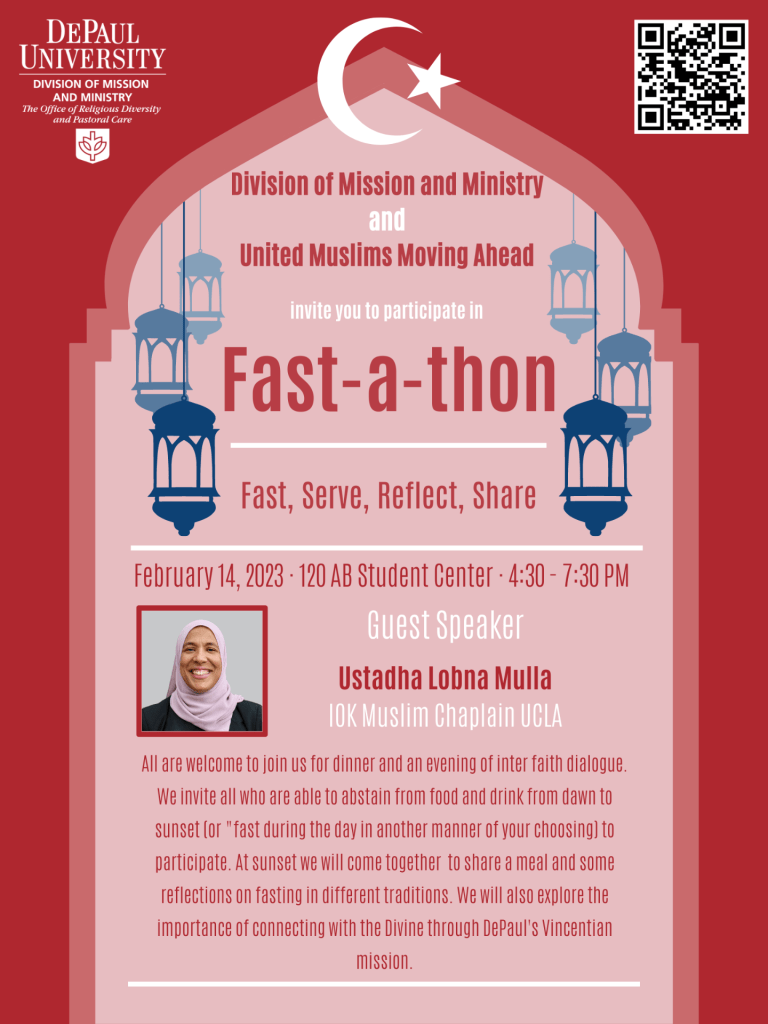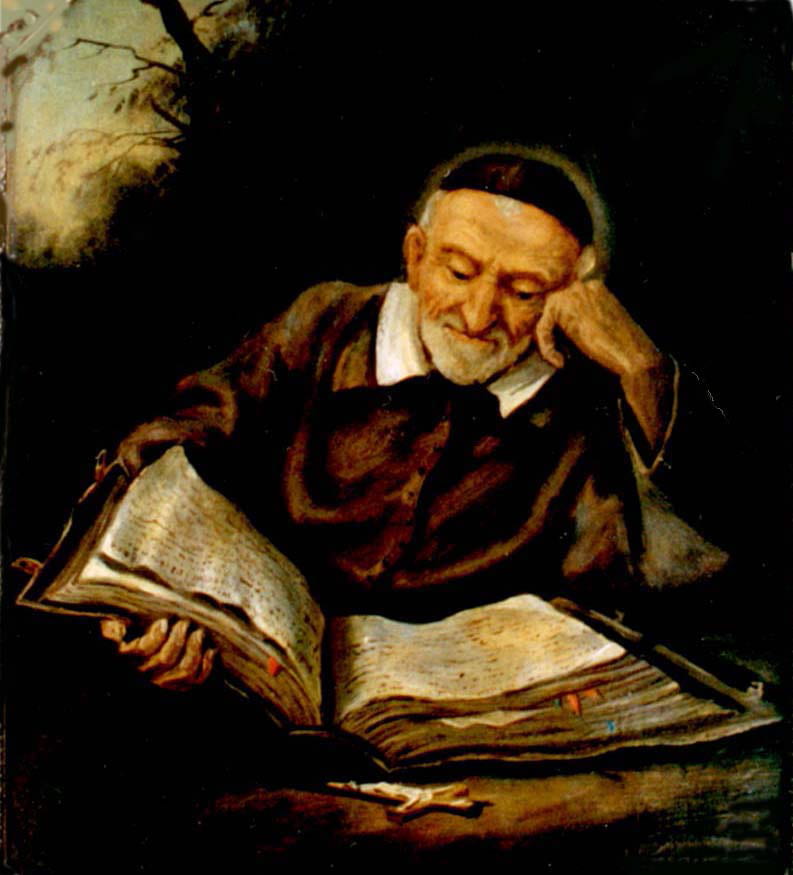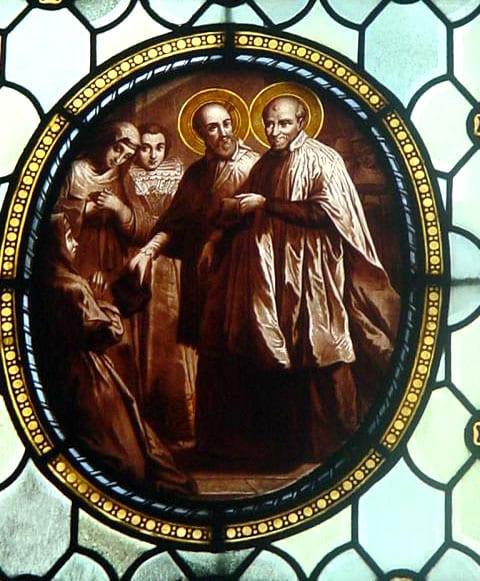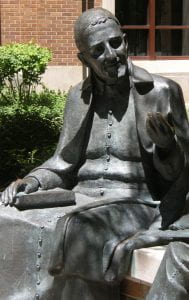Neighborhood communities. Elementary schools. Shopping malls. Concert venues. Busy business districts. Nightclubs. University campuses. The evidence has become resoundingly clear that violence affects all and may erupt unexpectedly at any time and in any place. The ripple effect of a shooting, such as that at Michigan State University, or in a Chicago neighborhood community, or anywhere, always ripples outward into the lives of countless others. It can have a lasting impact on generations of people. Grief and trauma rarely stop with the affected persons. As the saying goes, hurt people hurt people, especially if they are not able to find and benefit from a supportive community of care.
College campus violence feels especially close to home for us. This latest incident at Michigan State closer still, perhaps because of its proximity as a neighboring state school. There are many relational ties to people there among those in our expansive university community of students, faculty, staff, and alumni. The repeated nature of such violence, regardless of setting, elicits among us a broad range of reactions and feelings including grief, anger, anxiety, fear, compassion, and a desire to take action. As a community, we stand in solidarity with and support for all those closely impacted by the tragedy at Michigan State, especially our DePaul colleagues and friends. You are not alone.
Many acts of violence, like this most recent incident, are often pre-meditated and planned. So, then, must be our response—intentional, thoughtful, and persistent.
As we work to “Design DePaul,” what is the call to us both as individuals and a university community? How can we better organize our talent, our energy, and our resources to continue to address the root causes of violence and foster lasting solutions that will help to create a different future? Ultimately, how can we better build a community structured upon peace and non-violence that ensures our safety?
We scream aloud, or silently: Not again!!
Another incident of violence
and unnecessary loss of life.
It has become a slow, steady drumbeat
of hurt and pain
that goes on, and on,
wreaking dis-ease and emotional chaos.
More of our human brothers and sisters are now gone
before their time,
as their loved ones are left grieving and troubled,
and a world, at least for another flashing moment,
left again feeling angry, heart-broken… and helpless.
When will our “not again!!” become more of a firm resolve
and less so merely an impotent scream?
When might it finally take the form of
a lasting commitment that builds, works for, and creates
relationships and communities grounded in a peace
made evident and sustained
in persistent and thoughtful action…
cultivating love,
fostering hope,
teaching paradigm-shifting skills, and
modeling care for one another?
We grieve. We are troubled.
We are angry. We are tired.
We are afraid.
Violence hurts the fabric of our very being.
This is true – yet, so also
is the question it poses to us:
What are we building together?
May tomorrow’s society reveal
what we have done –
more than what we have failed to do.
How will you be a peacebuilder?
Reflection by: Mark Laboe, Assoc VP, Mission and Ministry
A Related Note on Chicago Survivors:
Many in the DePaul community know the story of Chicago Survivors, a Chicago-based non-profit organization offering free, wrap-around support services to surviving family members of Chicago homicide victims. The organization was initiated by the mother of Frankie Valencia, a DePaul student leader who was shot and killed in 2009 and largely incubated through meetings held on DePaul’s campus. Joy McCormack, together with her family, founded the organization after not finding the support they needed to deal with the grief and loss they experienced after Frankie’s murder. Fortunately, but also sadly, the organization continues today to provide services to well over 500 families each year in the Chicago area. Many DePaul faculty and staff have supported and continue to support the organization through their volunteer engagement. DePaul interns have also played an important role in assisting in services that the organization provides to Chicago families. Chicago Survivors works toward a more compassionate and caring future based on the enduring belief that attending to the needs of those affected by violence can stop the cycle of violence.









